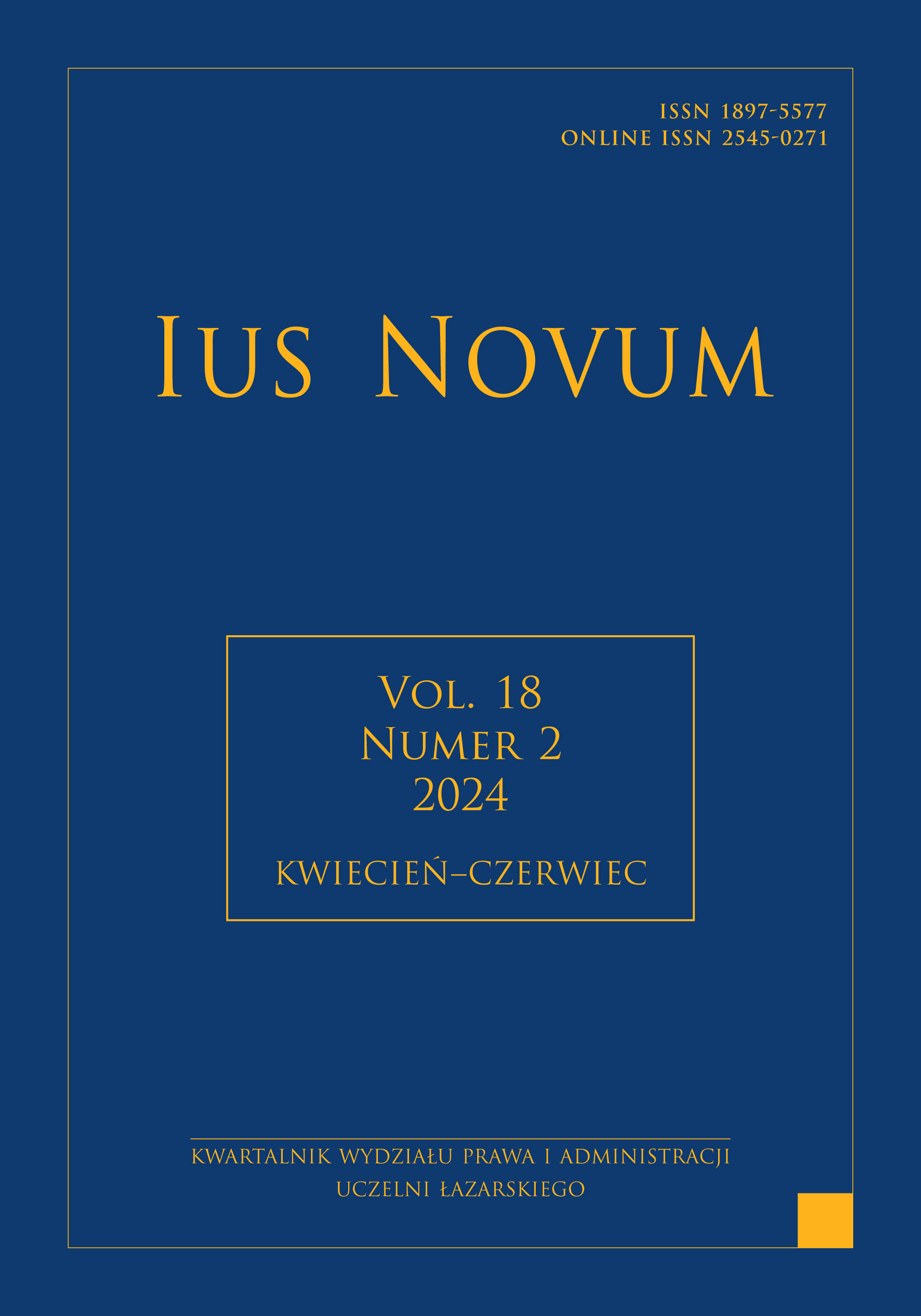WOLNOŚĆ WYPOWIEDZI
A MOWA NIENAWIŚCI W DZIAŁALNOŚCI
FUNKCJONARIUSZY PUBLICZNYCH
W DEBACIE POLITYCZNEJ
FREEDOM OF EXPRESSION AND HATE SPEECH
REGARDING THE ACTIVITIES OF PUBLIC OFFICIALS IN POLITICAL DEBATE
Author(s): Beata Stępień-ZałuckaSubject(s): Constitutional Law, Civil Law, Politics and communication
Published by: Oficyna Wydawnicza Uczelni Łazarskiego
Keywords: freedom of expression; hate speech; public figures;
Summary/Abstract: Freedom of expression has accompanied mankind for centuries. As societies have developedover the decades, it has evolved and changed. In parallel with it, the brutalisation of languagealso developed, on the basis of which hate speech developed. Today, it accompanies societiesall over the world. However, its most notable impact is in the sphere of the speech of publicfigures. This is due to the fact that such statements reach a wide audience, which includesboth supporters and opponents of such a person. This, in turn, leads to a wide-ranging debatein which individual arguments lose relevance in favour of the repetition of negative slogansand comments with hateful overtones. This statement aims to show the boundary betweenfreedom of expression and hate speech and the consequences that are associated with theuse of hate speech by public figures. The article tries to prove the main thesis that the hatespeech in the activity of public persons is an unquestionably negative phenomenon, thus itcannot benefit from the protection guaranteed under the freedom of speech. Hence, among theadditional theses chosen within the framework of the deliberations, it was assumed that hatespeech undermines the dignity not only of individuals but also of the whole society, leads toa lowering of the culture of speech, political and social respectively. Consequently, it violatesthe authority of public figures and harms the offices they hold by undermining trust in them.
Journal: Ius Novum
- Issue Year: 18/2024
- Issue No: 2
- Page Range: 116-134
- Page Count: 19
- Language: English

